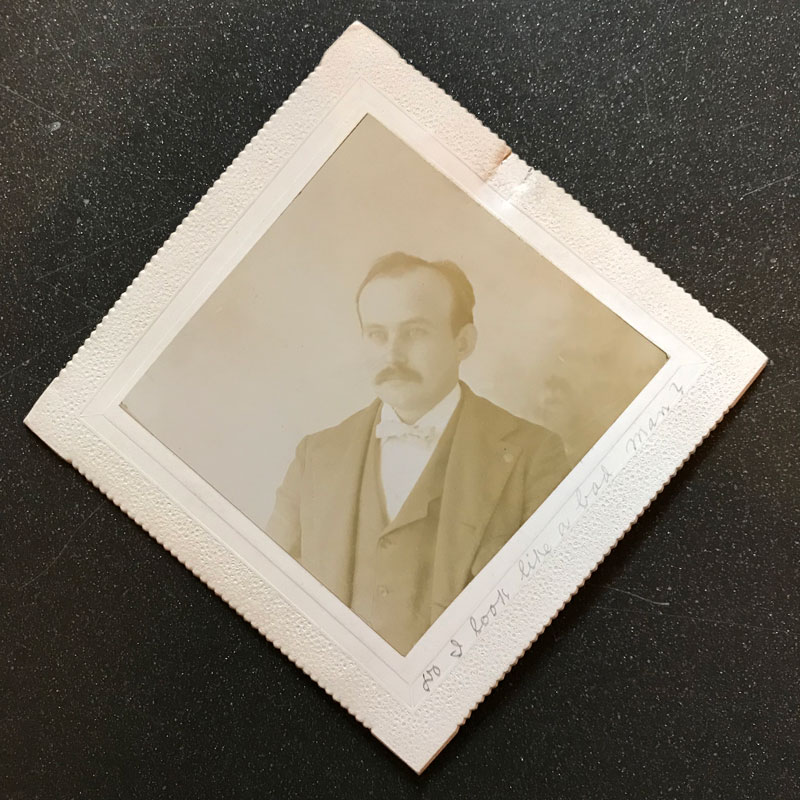
Biography
Born and raised in northeastern China, where immigrants from neighboring countries shaped its local culture, Atlas Xu develops an academic interest in immigrant societies and the institutionalization of race. He is currently a PhD candidate in U.S. History at the Catholic University of America, Washington, D.C., where he studies the comparative history of Chinese immigrant elites and African American Civil War pensioners in the Gilded Age and Progressive Era. His research focuses on interracial dialogues, especially how these two racial minorities negotiated with the expanding administrative state, and how, on the local level, small groups of white attorneys played a role in this negotiation.
Research
My research examines the role of immigration and pension attorneys who chose to help certain minorities in turn-of-the-century America. Back then, many branches in the federal administrative state were expanding and seeking to develop their own version of rule of law outside judicial review. The racialized decisions of two such agencies, the Immigration Service and the Pension Bureau, directly affected two minority groups, Chinese immigrants and African American Civil War veterans. This research investigates how white lawyers acted as vital intermediaries in certain key localities, such as the ethnically diverse society in the Gulf South, and how they negotiated the meaning of race with the administrative state, while shaping American administrative law along the way.



